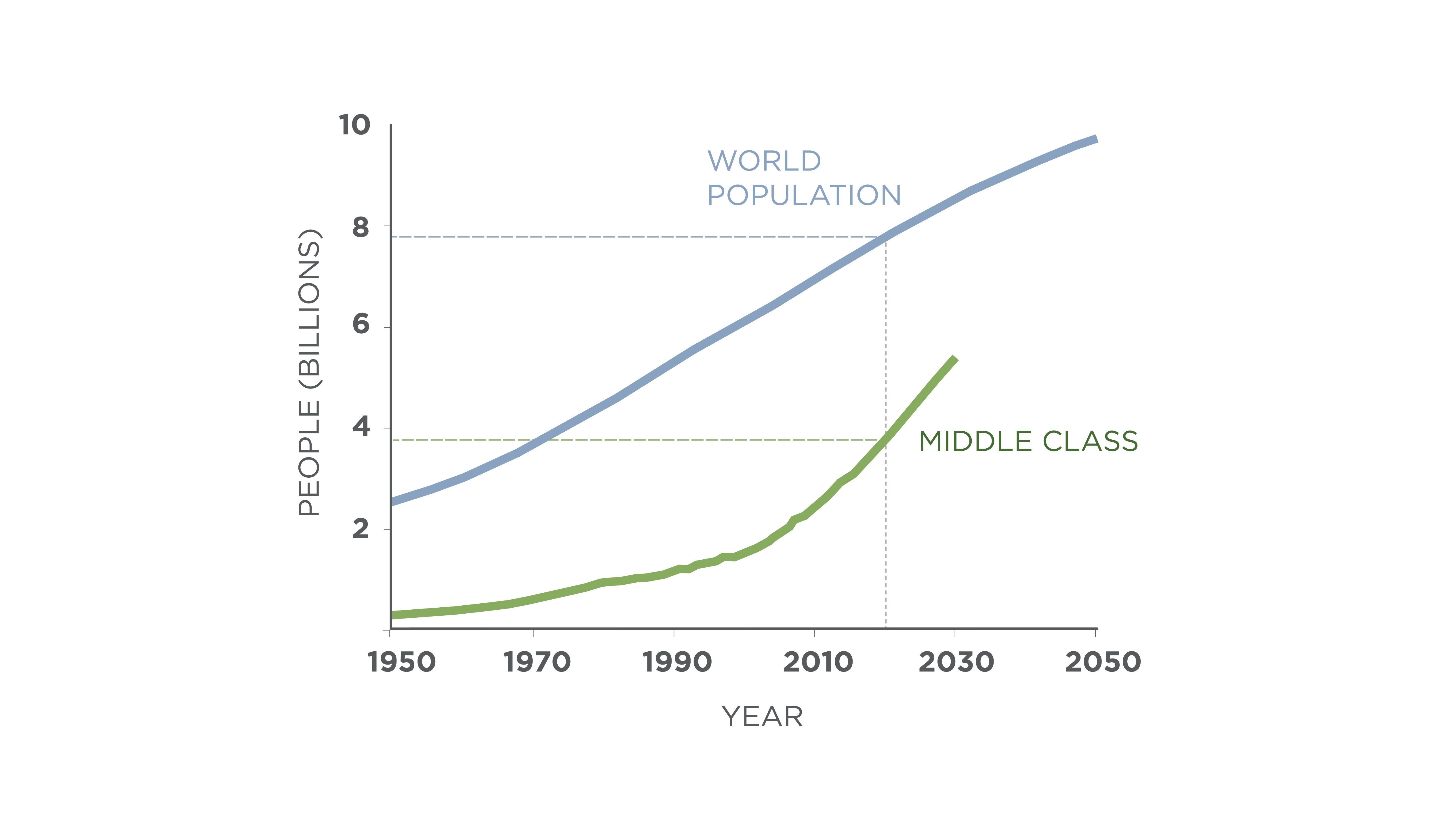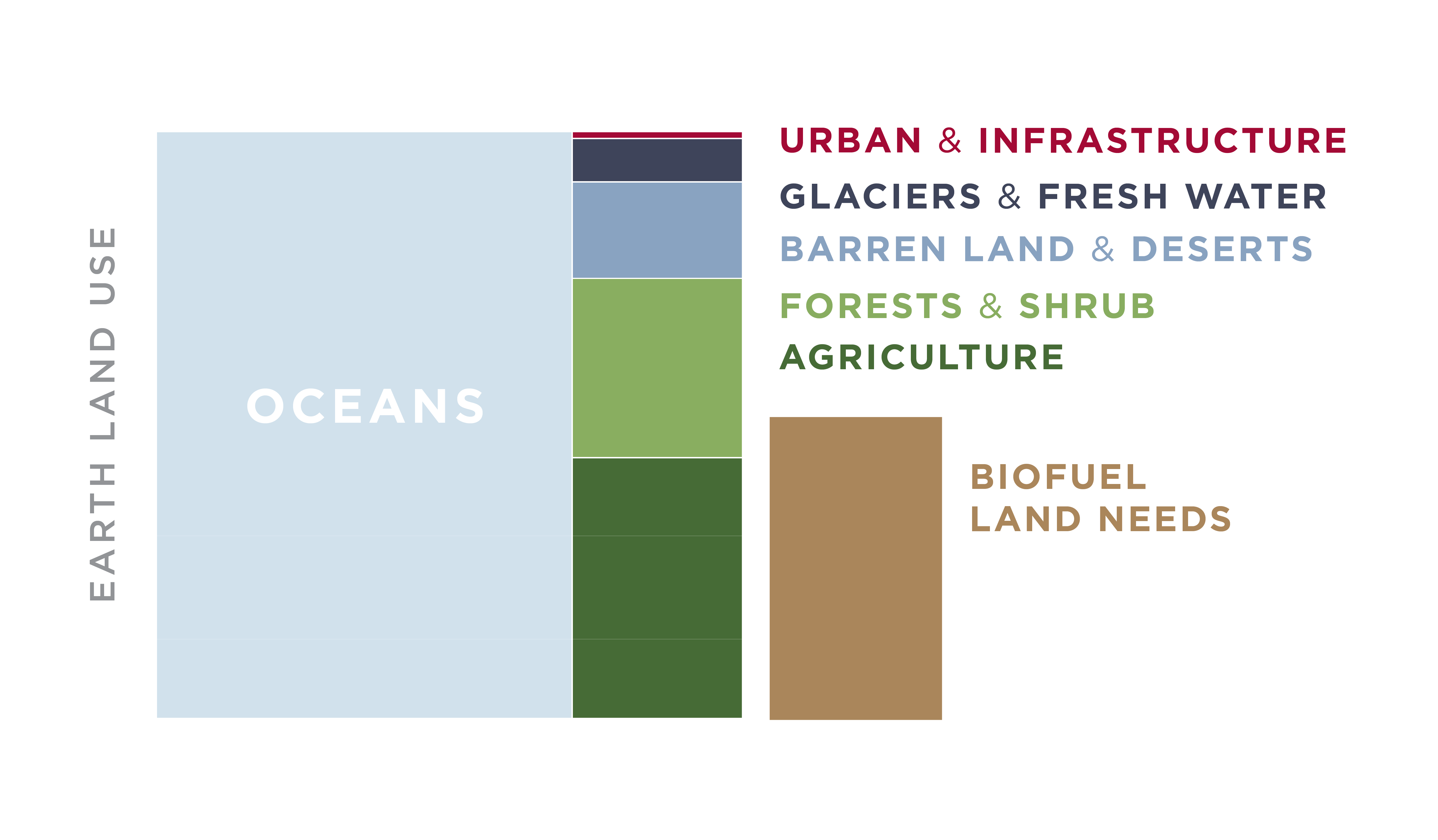Energy is in transition and Mewbourne College is here to lead.
We are committed to our 100-year legacy in petroleum engineering that has empowered a nation and are poised to continue leading in the area of unconventional reservoirs. Petroleum engineering at Mewbourne College is meeting today’s changing energy landscape and includes environmental responsibility as a core value.
We are also expanding the breadth of our research and teaching to encompass more subsurface energy sources and tools. From cleaning produced water with nanoparticles, carbon capture and sequestration, to reducing emissions, Mewbourne College faculty are on the forefront of research to produce and use energy responsibly, and to ensure that we can meet the world’s energy needs energy now and for years to come.
WE ARE: STAYING TRUE TO OUR EXPERTISE
Our core strength is the subsurface, and that is where our research and teaching will remain.
Our focus on the energy transition will include:
Geothermal energy | Hydrogen creation from fossil fuels | Carbon capture, utilization and storage | Underground storage of energy | Eliminating methane emissions
WE ARE: RELAUNCHING GEOLOGICAL ENGINEERING AS GEOENERGY ENGINEERING
This forward-thinking degree will be a broad launchpad for the 21st century, preparing students to pursue any number of careers in traditional or renewable subsurface energy.
The curriculum will have three main areas of focus:
The Mewbourne School of Petroleum and Geological Engineering has hired two new faculty who specialize in
WE ARE: PREPARING FOR THE FUTURE
Petroleum engineers and geologists will continue to be crucial in the next iteration of the energy industry. Our skill sets are necessary to create the subsurface solutions the world will need. By embracing Energy in Transition, we are setting up our programs for success in the next 100 years.
Through the Irani Center for Energy Solutions, we are also helping professionals pivot their careers to stay prepared for future opportunities.

With a world-wide growth of the middle class, the world’s energy needs are only going to increase. It is estimated that to fulfill 20% of the world’s energy needs with biofuels by 2050, it would require the same the amount of land currently used for all of the world’s agriculture (both crops and livestock) and all of the world’s timber forests.

Space on the earth’s surface is finite. To preserve the global food supply and the Earth’s important and endangered ecosystems and species, we must look below ground.
Sources:
1. Kharas, H., February 2017, The Brookings Institution, The unprecedented expansion of the global middle class: an update, Global Economy & Development Working Paper 100. UN Food and Agriculture Organization (FAO).
2. World Resources Institute: Biofuels Are Not a Green Alternative to Fossil Fuels
We are leaders in subsurface sustainable energy research, but Mewbourne College faculty are leading or collaborating on sustainable energy projects across OU. Here are some examples of our collaborative sustainability research.
